Category «Research»
Research: viable business models for city logistics

Pålsson and Katsela published a paper with the title ‘Viable business models for city logistics: Exploring the cost structure and the economy of scale in a Swedish initiative’ in Research in Transportation Economics journal. This paper addresses the challenge of achieving profitable city logistics initiatives.
Research: the TCO of hydrogen vehicles in urban logistics – diesel and BEV still win
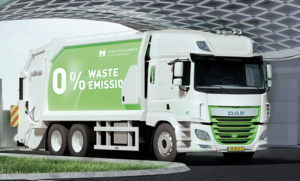
Freight transport accounts for 8 to 15% of total traffic flow in urban areas within the European Union. The majority of these deliveries are undertaken by diesel-powered vehicles with disproportionate levels of CO2, NOx, and particulate matter emissions. Accordingly, a variety of strategic options have been advanced as key solutions for addressing fossil fuel demand …
Microhubs defined
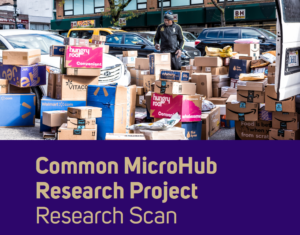
Research by Urban Freight Lab of Supply Chain Transportation & Logistics Center (University of Washington) revealed a lack of an established and widely accepted definition for the concept of consolidation centers or microhubs. Many recent implementations of urban freight consolidation have focused on bundling goods close to the delivery point by creating logistical platforms in …
Optimizing the changing locations of mobile parcel lockers
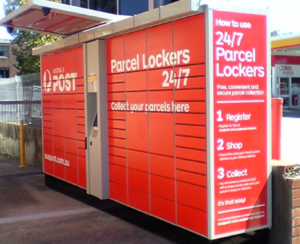
To reduce congestion, environmental damage, and negative health impact in large urban areas plenty of novel concepts for last-mile distribution have been innovated in recent years. The concept treated in this paper is mobile parcel lockers that are able to change their locations during the day, either autonomously or moved by a human driver.
Massive ramp-up of truck charging and re-fuelling infrastructure needed in Europe
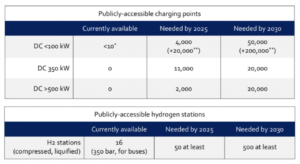
The European Automobile Manufacturers’ Association (ACEA) has released new data on the number of charging points and re-fuelling stations required for zero- and low-emission trucks to meet the 2025 and 2030 CO2 targets. In terms of charging points for electric trucks, this means going from close to zero today to some 90,000 public points over …
ICCT: European trucks are better designed than US trucks to control NOx emissions
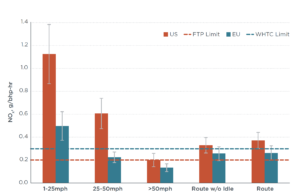
There is a significant gap between real-world and certified NOx emissions from heavy-duty diesel vehicles. This gap is especially wide during urban driving conditions and other low-load operations in diesel HDVs certified under the US EPA 2010 program. A new ICCT-report compares NOx emission values from 11 HDVs designed to meet the EPA 2010 NOx …
The data gap: what we still don’t know about urban freight
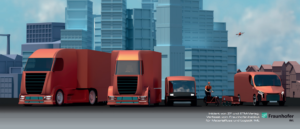
Urban freight makes up an increasing percentage of transport operations and emissions, but there is no common methodology to capture the data we need to optimize deliveries for sustainable cities. Urban freight operations are run by a complex network of private and public sector actors. Often, the most comprehensive data available lies with the private sector, …
Is online grocery shopping better for the planet?

Amazon CEO Jeff Bezos claims grocery delivery cuts carbon emissions by 43% compared to traditional shopping. Grist did a fact-check. Grist spoke with experts. They said that on average, ordering online often reduces the carbon footprint of grocery shopping. The word average is key. This finding doesn’t scale down to the individual level neatly, and the way …
Construction logistics in cities: the case of building hospitals
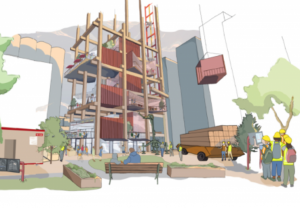
When hospitals are built or renovated, they are often operational. To reduce disturbances and improve logistics performance, construction logistics solutions (CLS) can be deployed. Today, there is no best practice regarding CLS organizing. The purpose of a study by Linköping University and Aalto University was to explore how CLS’s can be classified in order to improve …

